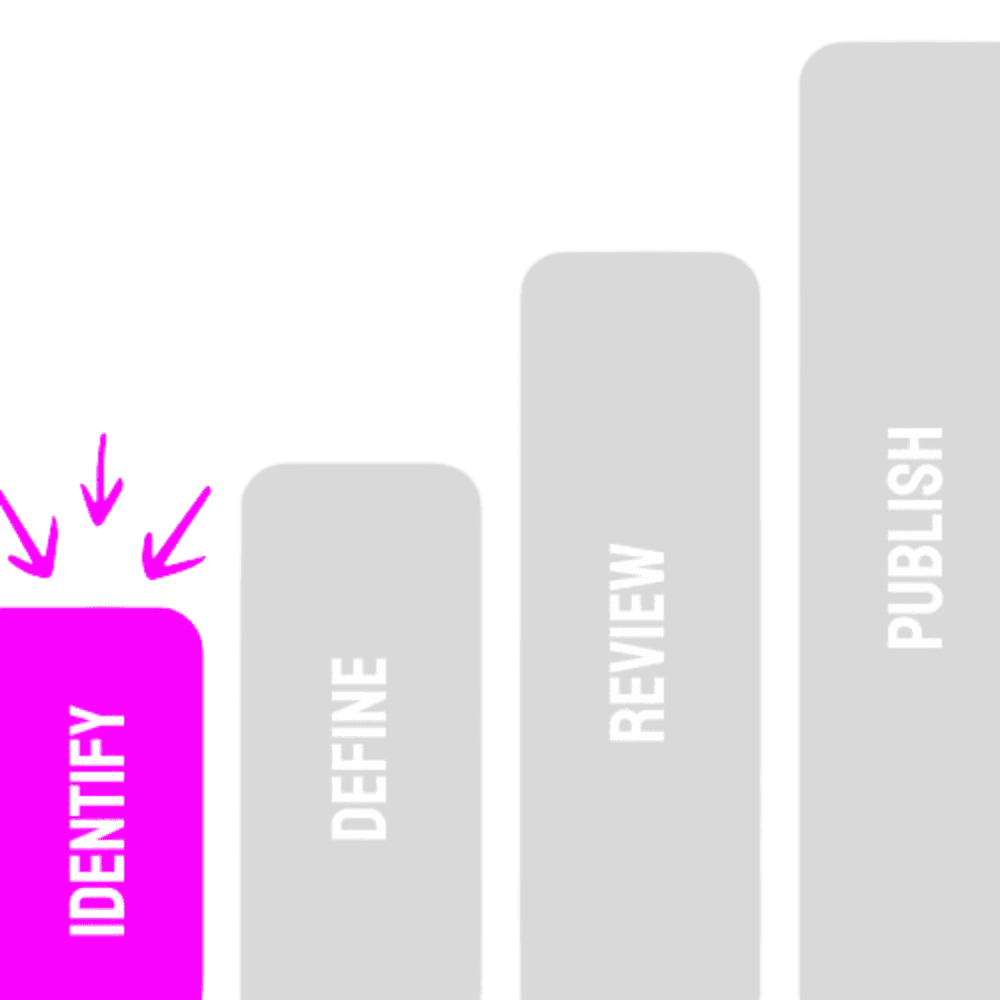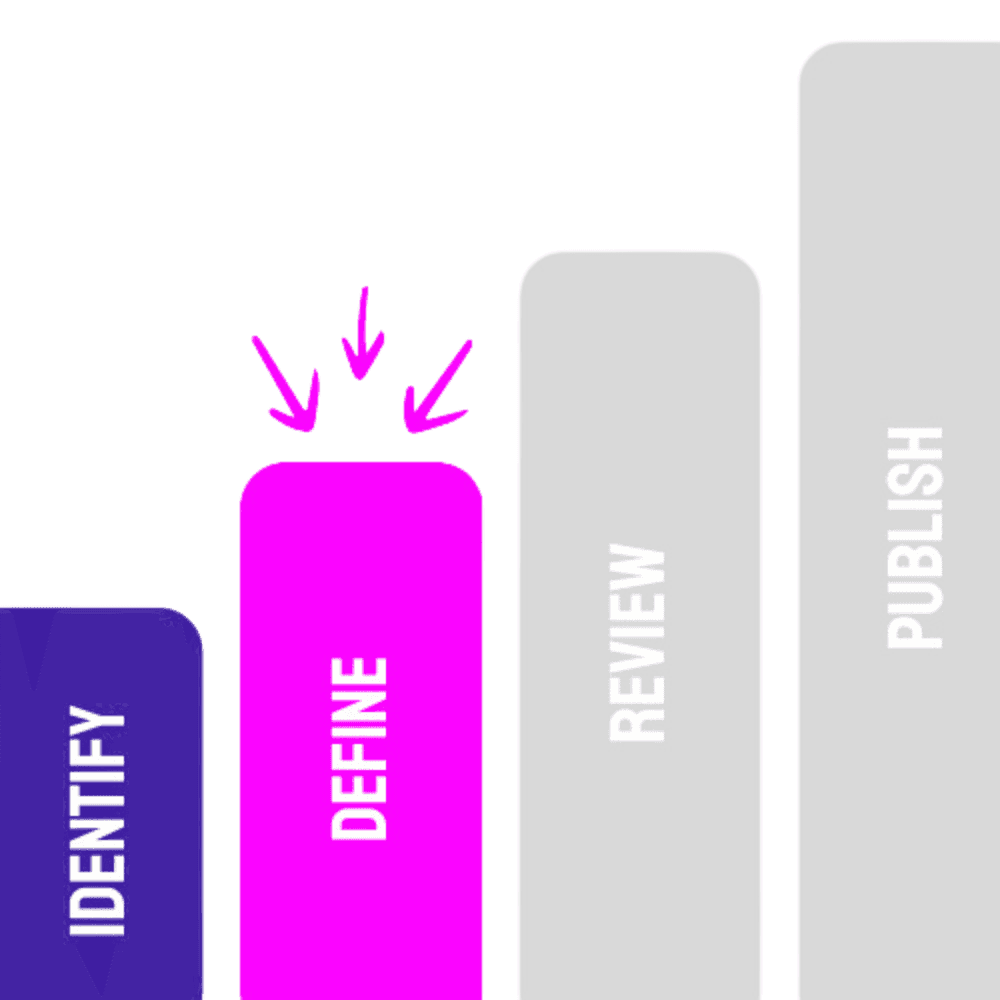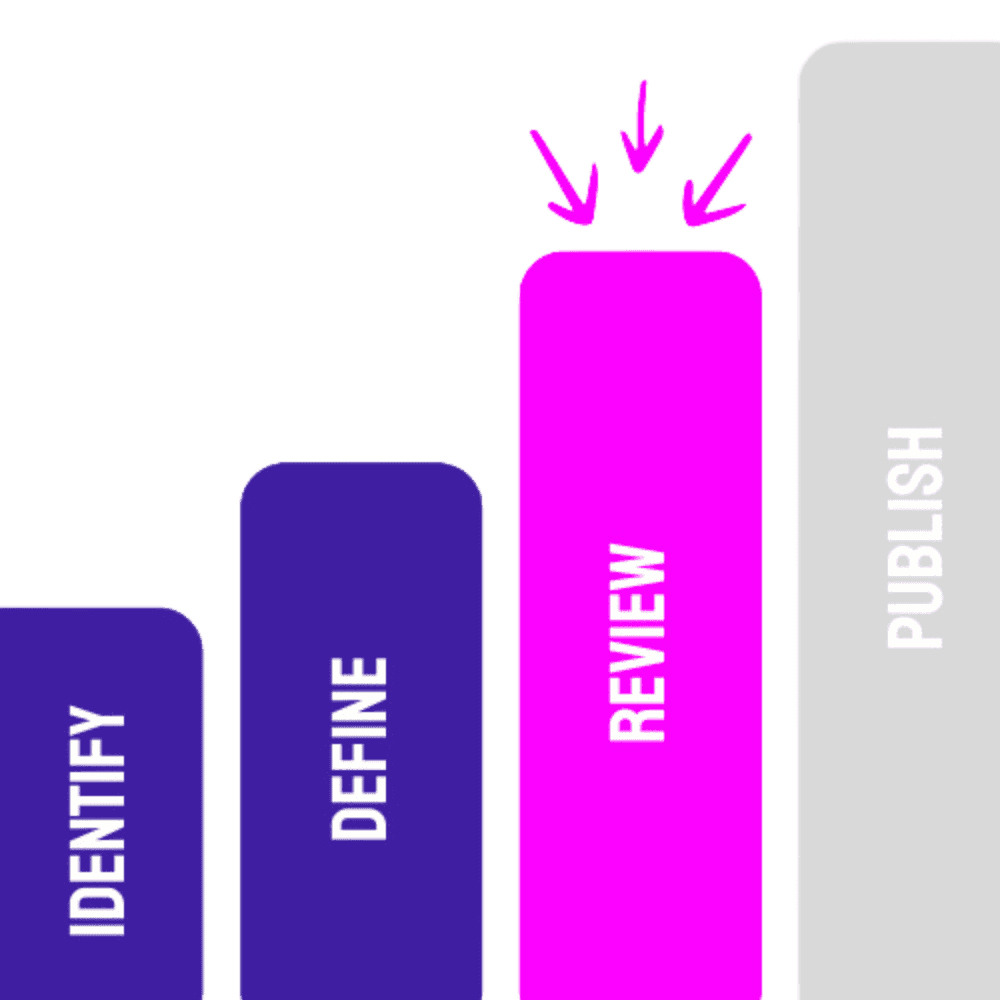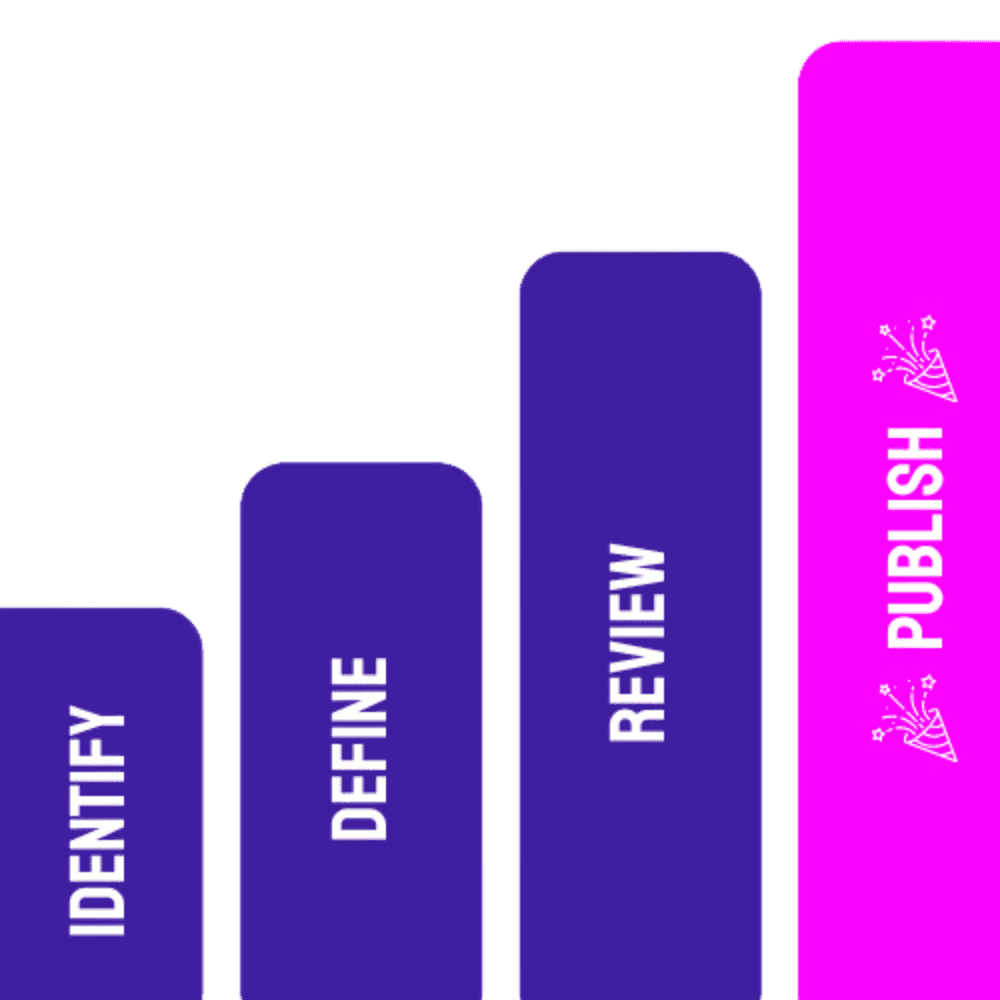The Role of Technical Documentation in Developer Success
14. července 2024
Frameworks, documentation for developers, application programming interface structure, or README files. Is it like Greek to you? It does not need to be. Together, we can delve into the significance and advantages of technical documentation. Our article will also cover artificial intelligence and its potential to cut down on your overall documentation workload.
What falls under the category of technical documentation?
Making a clear distinction between technical documentation and other types of writing is essential. Technical audiences and developers typically do not care to read marketing texts; instead, they want to be able to find and understand the information they need quickly and easily. So, make sure you maintain a strict boundary between the two worlds at all times.
Then, what exactly does technical documentation mean? Basically, anything that can serve as a technical guide and navigation for a particular audience. When you provide your clients with technical products like APIs, SDKs, or integrations, any document that explains how it works,what it can do, and how to maintain it is considered technical documentation. On the other hand, product features, price, marketing collateral, and specifications do not belong in a technical document. Stay away from blending these two worlds.
What is the best way to begin?
We can move on to content planning now that we understand the distinction between the two types of documentation. The process will be more hindered than beneficial without proper planning and organization. To make it easier to understand, we have divided the entire process into four main steps.
Identify your need

As a first and crucial step, identify your needs. This might mean a complete developer portal with in-depth tutorials for one business, and a high-level overview of all available integrations and Frequently Asked Questions (FAQs) for another. Rather than relying on relative estimates, you should talk to the developers - the individuals who will be putting the documentation to use, to identify your true requirements. While your internal developer team may have some insight, it is also wise to poll the developer team of your customers to find out which parts of the product guides they need, and which sections are missing in order to make the integration curve shorter.
Define your structure

You’ll be like a fish without water if you don’t have any structure. Maintaining a consistent structure across the documentation will make it easier to understand. Then why does this matter so much? A well-defined framework will do double duty: it will give developers a great experience, and it will help your internal team save time and produce better results. In the first stage, you should establish your structure, language style, and documentation frequency. Another piece of advice to help you avoid misunderstandings caused by language barriers, is to use simplified English.
Learn more about Simplified Technical English.
Review your draft

Even though it seems like that might be it, that is not the case. You should double-check your work whenever you develop a new plan or framework. Those wise words, "measure twice, cut once" are not uttered without reason. Present the ideas to developers, run them through a test, and take note of their comments. They are the target audience for your product, after all.
Publish your masterpiece

We are now prepared to start publishing. Great! However, you’re now faced with another challenging task. Decision where the documentation should be published. Although this may be self-evident for certain platforms, such as Gitlab or Github, how about general documentation? You can either use pre-made solutions that come with licensing fees or you can build your own solution from the ground up, which requires individuals with technical expertise. Whatever you do, make sure the UI is top-notch. The most effective writing can be overshadowed by the fact that the surrounding visuals are ugly and disorganized.
How does AI fit into all this?
Not only can AI assist with the actual writing, but it can also greatly assist in ensuring that the text is well-structured and consistent. It can also help you with text simplification and grammatical correction. The key is to always go into it with realistic expectations of what you can achieve with AI. The context that AI receives from you will always limit the results you get, whether you use GPT, Gemini, or Jasper. So, you cannot expect AI to handle everything on its own. On the other hand, you have to decide if you really want to put all your faith (and company know-how) in external AI tools.
Why is it so important?
Paying close attention to detail in documentation is important for many reasons:
- Customers are more likely to buy your product if they have a consistent experience with you.
- Good documentation makes your support staff's lives easier, which in turn saves you time and money.
- If your team sees high-quality work that they are proud of, they are more likely to be motivated.
- New coworkers will be able to quickly adapt to their new environment because they will have a solid structure to follow.
Good documentation creates a win-win situation, even if it does not seem important at first. At the same time your customers will have well-defined paths to success, your team will spend less time fielding the same product-related inquiries. The cherry on top is that you can save financial resources while taking advantage of all these benefits.
Author

Jan Řičica
Technical Analyst & WriterZajišťuji kompletní analýzu softwaru, od shromažďování požadavků od klientů až po tvorbu technické dokumentace.